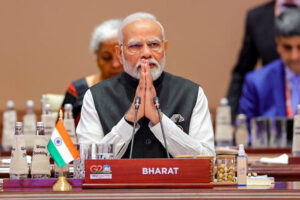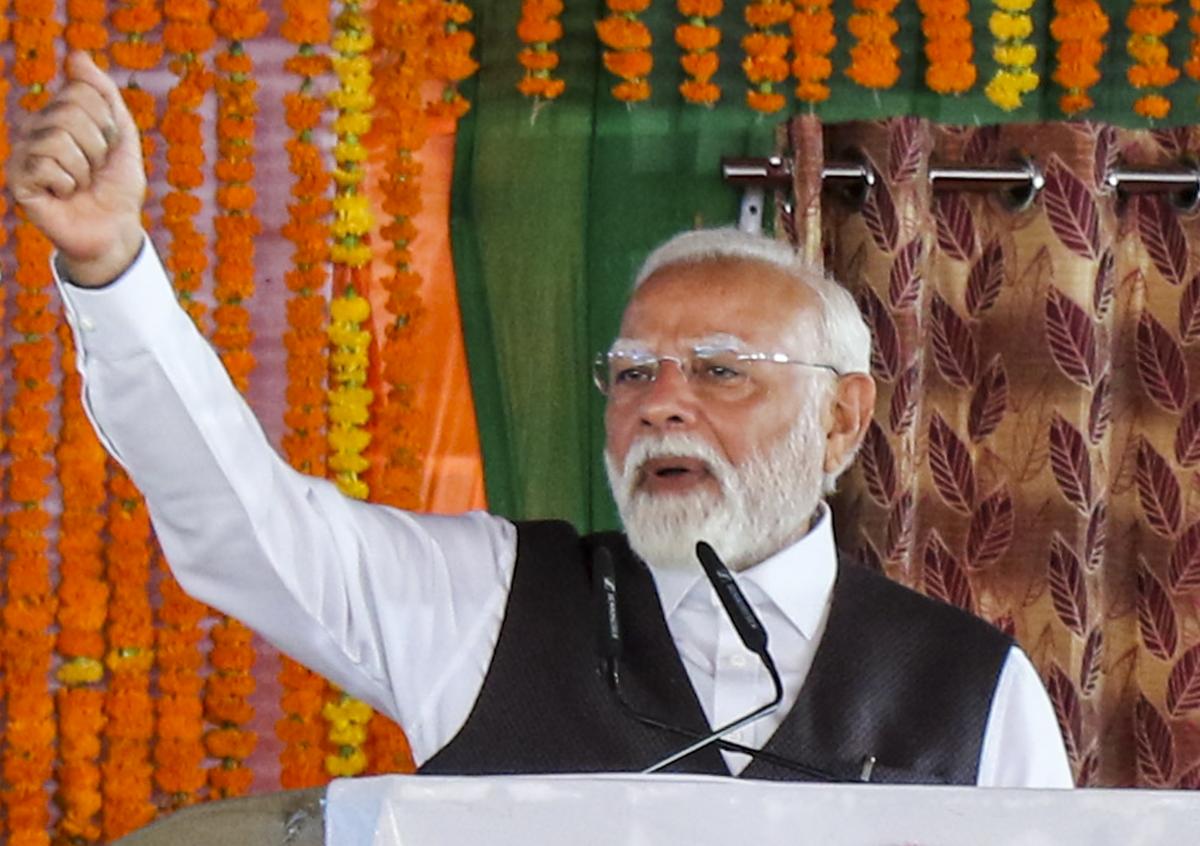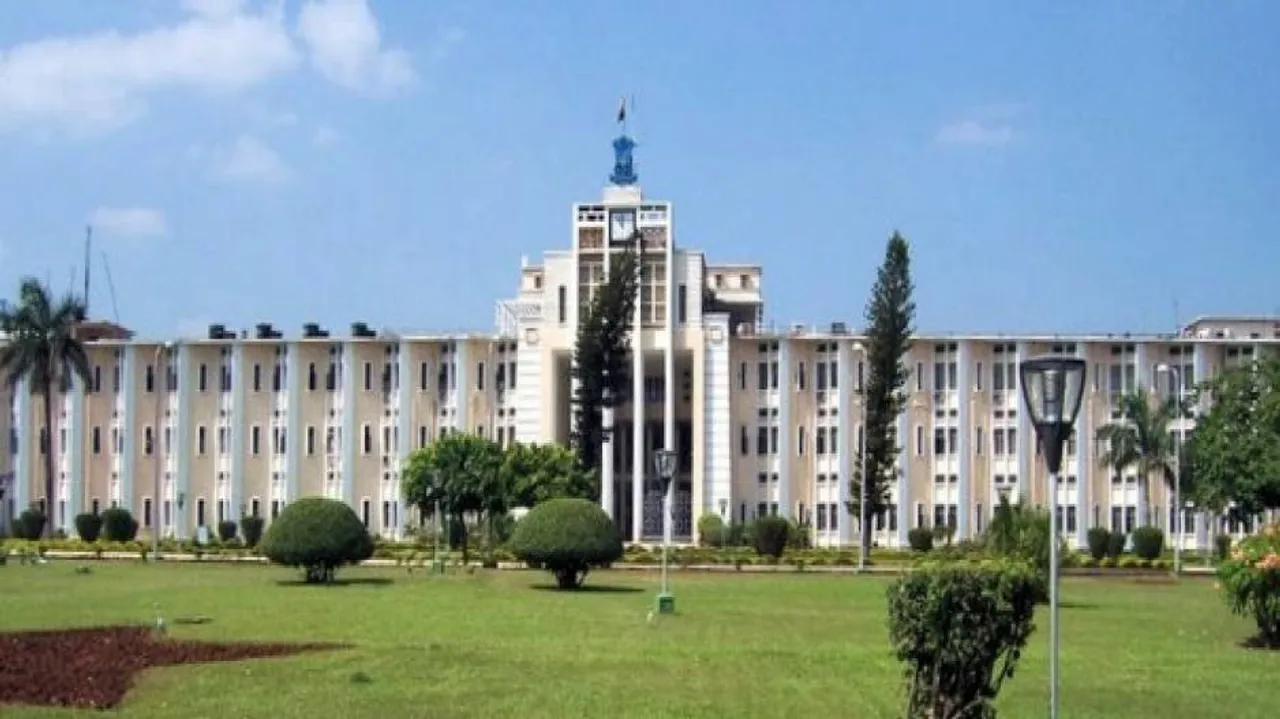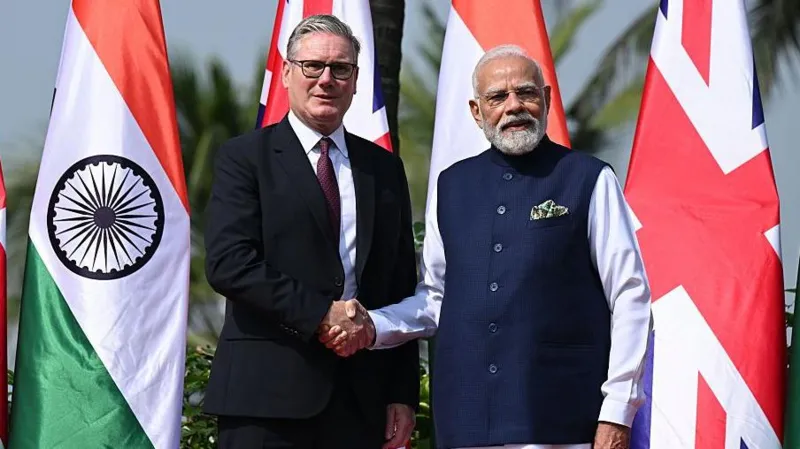New Delhi, June 6, 2025: India, with a current GDP of $4.2 trillion, stands on the cusp of becoming the world’s fourth-largest economy, surpassing Japan, and is well on track to overtake Germany in the near future. This significant economic transformation has been driven by comprehensive reforms and robust leadership under Prime Minister Narendra Modi over the past 11 years (2014–2025).
With an average annual growth rate of 6.4% since 2014 and a surge to 7.4% in the latest quarter, the Indian economy demonstrates resilience and sustained momentum. Inflation has been tamed considerably, declining from 9.4% in 2013-14 to 4.6% today, providing much-needed macroeconomic stability.

Infrastructure Boom: Highways, Railways, and Airports
India’s infrastructure landscape has undergone a dramatic transformation:
-
National highways expanded from 91,287 km in 2014 to 1,46,204 km in 2024.
-
Road construction speed has tripled—from 12 km/day to 34 km/day.
-
Nearly 4 lakh km of rural roads now connect 99% of rural India to the national network, supporting inclusive growth.
The Indian Railways has laid 25,871 route kilometers of new tracks—far surpassing the 14,985 km added in the previous decade. In 2024-25, India emerged as the global leader in locomotive production, manufacturing 1,681 locomotives, exceeding the combined output of the US, Europe, and Japan.
-
Indian Railways now transports 1,617 million tonnes of freight annually, making it the second-largest cargo transporter globally.
-
Daily, the railway system serves over 30 million passengers.
-
The Dedicated Freight Corridor (DFC) is on track to ease congestion and boost freight efficiency.
-
Rail connectivity has now reached all northeastern states, further strengthening national integration.
In aviation, operational airports increased from 74 in 2014 to 160 in 2025, largely due to the success of the UDAN scheme, which brought air connectivity to remote regions. The government’s vision includes 300 functional airports by 2047, enhancing national and global connectivity.
Urban Renewal and Clean Energy Leadership
India’s urban transformation has accelerated under the Smart Cities Mission, delivering over 8,000 projects worth Rs 1.64 lakh crore. Urban transit has grown with Delhi Metro emerging as one of the world’s largest metro networks, now inspiring expansion in 15 Indian cities.
In the energy sector, India is leading the clean revolution:
-
Solar capacity has soared from 2.82 GW in 2014 to 105.65 GW in 2025.
-
Total clean energy capacity has reached 228.28 GW, making India the third-largest solar and fourth-largest wind energy producer globally.
Digital Infrastructure: A Global Benchmark
India’s Digital Public Infrastructure (DPI), led by UPI, Aadhaar, and Jan Dhan, has revolutionized public service delivery, real-time payments, and financial inclusion.
-
DPI now contributes 1% to GDP, expected to reach 3–4% by 2030.
-
Recognised by the World Bank, India’s DPI achieved in six years what typically takes decades.
-
India’s digital governance model has now been adopted by over 12 countries.
Poverty Reduction and Global Positioning
With reforms like GST, streamlined regulations, and legal simplifications, India has improved its economic governance. The impact is visible in social indicators:
-
17.1 crore people have risen out of poverty between 2014–2024.
-
Poverty rate dropped from 29.17% in 2013-14 to 11.28% in 2022-23, with continued decline projected.
India is now setting the agenda for global development, combining strategic investments, inclusive policies, and governance reforms to build long-term resilience.
The Road Ahead: Global Supply Chains and Sustainable Growth
As India prepares to celebrate its centenary of independence, it is prioritizing:
-
Enhanced ease of doing business
-
Reducing compliance burdens
-
Expanding global manufacturing integration
-
Upskilling the workforce for future-readiness
The journey from a growing economy to a global development leader is well underway. Powered by digital transformation, economic strength, and strategic reforms, India’s trajectory is focused on sustainable, inclusive, and resilient growth.










